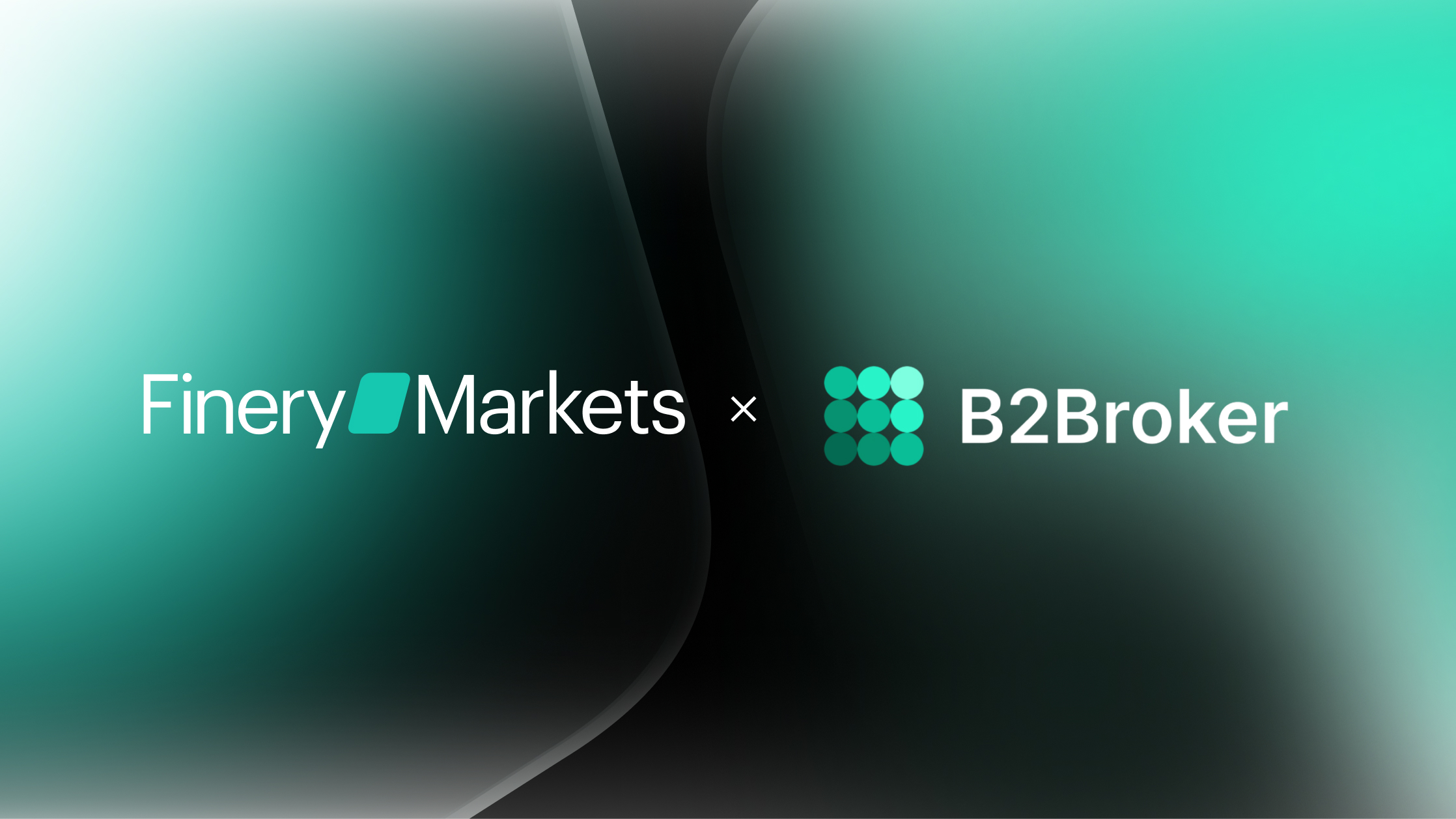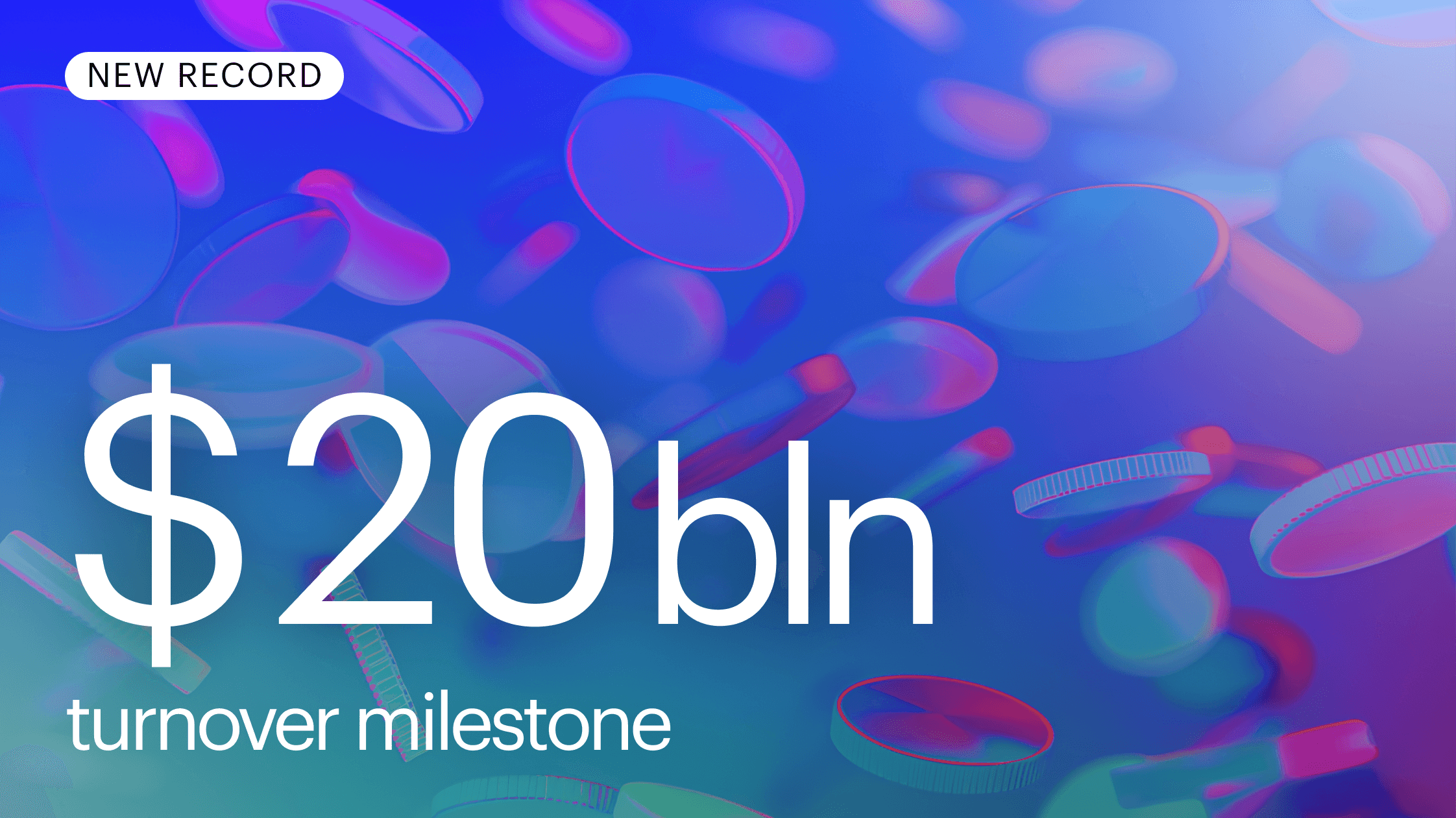Several years ago two capital markets experts and blockchain enthusiasts — Ilia Drozdov and Konstantin Shulga — brainstormed solutions for what they saw as a fundamental problem for institutional adoption of crypto: execution quality and counterparty risk management.
According to Crypto Trading Report 2022 by PriceWaterhouseCoopers, 67% of institutional investors consider execution quality as a key factor for selection of the trading venue, while 61% wished to improve their current trading setup.
Anticipating the trend and growth of serviceable markets Drozdov and Shulga developed software that let institutional participants on the crypto markets trade with their peers via a multilateral electronic marketplace. As opposed to the relatively common model of centralized crypto exchanges driven by retail flow, the soon-to-become Finery Markets offered a non-custodial solution for over-the-counter bilateral trading for institutions.
Crypto market structure will evolve toward OTC
“For many asset classes like FX, bonds and even derivatives in the traditional capital markets, a majority of the transactions are actually completed via OTC market, rather than exchanges. We believe the crypto market structure will evolve and the situation will be the same for the crypto market. Institutional players are not 100% comfortable with existing slippage, fully visible exchange’s order book and concentration of risks around a single intermediate, which provides bundled services from trading to settlement to custody” – Finery Markets CEO Konstantin Shulga told FinanceFeeds. “We wanted to grab the problem at its root, going straight to multi-dealer institutional solution to be prepared to growing interest to the crypto space”
Since the first trade on the platform in 2019, Finery Markets has expanded its services to bridge the gaps in transparency and technological solutions by focusing on developing pre-trade, trade and post-trade infrastructure which institutional players are accustomed to use in the traditional markets.
Payment service providers became the first clients seeking liquidity through the platform, as the pandemic forced consumers to move their transactions online and seek for contactless, innovative, and flexible digital payment methods. Crypto payments have faster settlement cycles and can be cheaper due to lower transaction costs. A growing number of merchants like Gucci, Tag Hauer, Starbucks and even Google announced they have started to accept crypto payments, spurring innovation in the transactional business.
Finery Markets, which has staff of 24, spent more than a year onboarding a diversified pool of global liquidity providers to meet the growing demand and resolve the “chicken-egg problem” any marketplace faces. By now, 10 liquidity providers from Europe, UK, US and LatAm are streaming their quotes to more than 70 institutional liquidity seekers.
As for capital markets, so far trading digital assets derivatives on traditional exchanges has been the preferred first option for many trading firms entering the market. However, according to the Acuiti and Eurex “Digital Assets 2022” Survey almost half of 191 participating firms are considering trading spot and derivatives products on crypto-native venues.
“We have been building to be prepared to scale up and onboard a diversified range of market participants, so our seed round negotiations started almost a year ago” – said Shulga. “Our goal for the first external investments was to create a mix of crypto-native investors, our strategic partners which would be interested in the platform growth, and capital markets veterans which may help us to strengthen our connection to the world of traditional capital markets”
Read the full article.
























